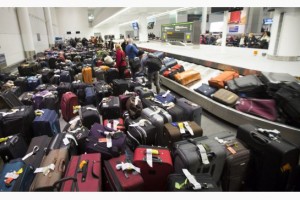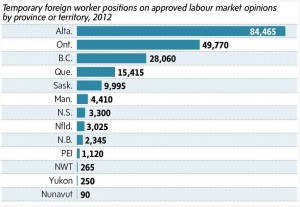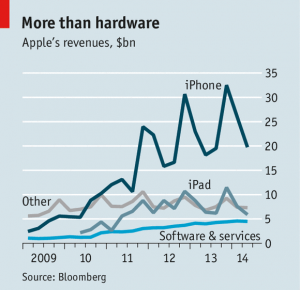In her blog, Erin mentioned the uproar over Air Canada’s decision to charge $25 for checked baggage on domestic flights. I agree that since there is high demand for their trusted services, they are able to get away with additional charges.
Upon their announcement, people were unhappy, and the company received negative attention. I wonder whether the announcement was necessary? I believe that if Air Canada had added $25 onto flight costs instead of making a big announcement of this additional charge, people may not have noticed, and may not have made such a big fuss about it.
Air Canada could say that their business model appeals to passengers with carry-on items as it means lower costs as they waive their $25 fee. However, their customer segment as to which this applies to is a small minority of flyers. Those who carry-on their luggage tend to be frequent flyers travelling in business class-I would conclude that saving $25 on a business class ticket is not a leading reason as to why the passengers chose Air Canada.
If prices have been relatively constant for carry-on passengers, I do not think that a drop in carry-on price is better than charging the majority of people more for checking a bag. As a client of Air Canada, I respond more to an increase in price than a drop in price. To me, paying $25 is a bigger deal than saving $25 depending on my luggage choice.
In regards to Air Canada’s practices, I can understand that the company is looking to maximize profits. From this checked baggage policy alone, they “should generate $60-million in annual revenue” (Financial Post). However, I believe there would have been less of a response if the company had silently added $25 per flight than announcing their decision to charge people more. It is simply the idea of paying for something that used to be free that is of concern.
Would you notice a $25 charge on a $322 flight to Edmonton? Does $347 sound much more expensive than $322 if you know that is your final cost? I would rather pay $347 and be done with it.






